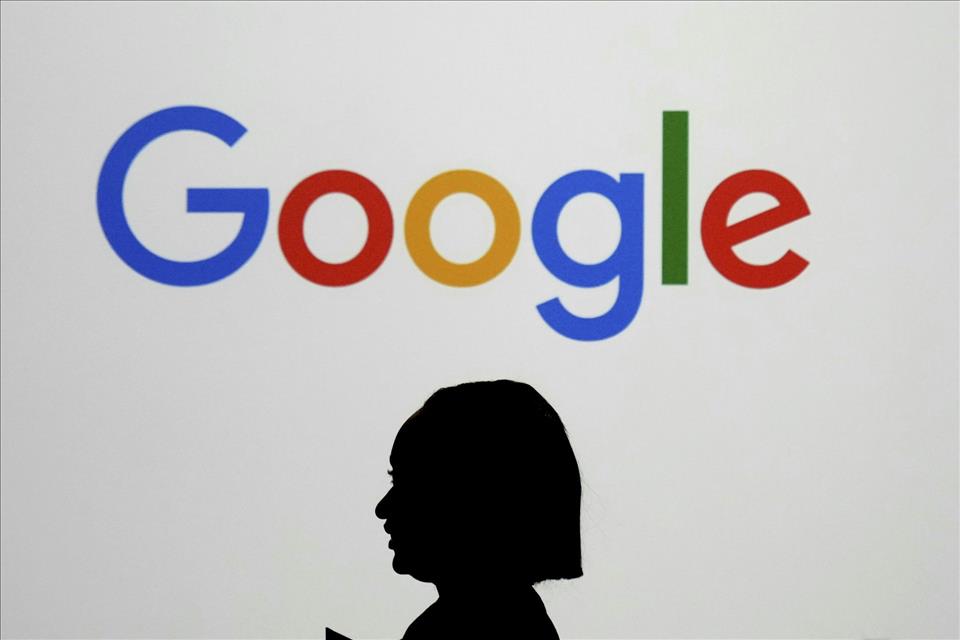
Google Just Dodged A Major Penalty In The Courts Here's What Happens Next
The remedies ruling was handed down by DC District Court Judge Amit Mehta, who last year found Google had violated antitrust laws in relation to its online search business.
This was not the worst-case scenario for Google, and the share price of its parent Alphabet rose 8% after the news . But the ruling could still have a significant impact on the tech giant – and the entire internet.
What was the case actually about?The US Department of Justice (DOJ) filed its antitrust suit against Google in 2020, arguing the tech giant had used exclusive agreements with device makers such as Apple and Samsung to unfairly box out competitors from the search engine market.
For years, Google accounted for reportedly 90% of all search queries in the US, using what the DOJ called“anticompetitive tactics” to maintain and extend its monopolies in search and search advertising.
In August 2024, Judge Mehta ruled in the DOJ's favour, finding Google had maintained an illegal monopoly.
The case centred on Google's practice of entering into exclusionary agreements that collectively locked up the primary avenues through which users access online search, making Google the pre-set default general search engine on billions of mobile devices and computers – and particularly on Apple devices.
The remedies – proposed and actualThe DOJ urged the sell-off of the Chrome browser and possibly its Android operating system, and the sharing of search data. It said these remedies would limit Google's ability to monopolise the search market and prevent it from gaining an unfair advantage in other markets, notably artificial intelligence (AI).
The DOJ also demanded an end to its multibillion-dollar agreements with Apple and other partners.
Judge Mehta's remedies ruling fell significantly short of the DOJ's harshest demands.
Under the remedies ordered, Google will be barred from entering or maintaining exclusive contracts relating to the distribution of Google Search, Chrome, Google Assistant, and the AI-powered Gemini app.
Google cannot enter agreements that condition the licensing of any Google application on the distribution or placement of these products, or condition revenue share payments on maintaining these products on any device for more than one year.
Google must also provide competitors with access to its search results and advertising services at standard rates. This will help them to deliver quality search results to their own users while building their own technology.
However, Google will not be barred from paying device makers to preload its products, including Google Search and generative AI products.
A technical committee will be established to help enforce the final judgment, which will last six years and go into effect 60 days after entry. Judge Mehta ordered the parties to meet by September 10 for the final judgment.
Shortly after the judge's ruling, Google released a statement reiterating its opposition to the initial ruling in August 2024, which it still plans to appeal .
More cases to comeThis decision opens up competition in the search market while allowing Google to maintain its core business structure. The data-sharing requirements could particularly benefit AI competitors who need large datasets to train their models.
Google faces additional antitrust pressure beyond this search case. In April 2025, US District Judge Leonie Brinkema found Google illegally monopolised advertising technology markets . The remedies trial for that case is scheduled for later this month.
As William Kovacic, a global competition law professor at George Washington University and former Federal Trade Commission commissioner, told TechCrunch :
Google's competitors, however, believe the remedies should have been more severe in this case.
In a statement , Gabriel Weinberg, the chief executive of search engine competitor DuckDuckGo, claimed Google“will still be allowed to continue to use its monopoly to hold back competitors, including in AI search”. He also called on the US congress to step in“to swiftly make Google do the thing it fears the most: compete on a level playing field”.
It seems likely the DOJ will need to demonstrate abuse of dominance in the AI search field in order to get a remedy that will satisfy DuckDuckGo.
The full resolution of these cases likely won't occur until late 2027 or early 2028, as Google has indicated it will appeal both the liability and remedy decisions.

Legal Disclaimer:
MENAFN provides the
information “as is” without warranty of any kind. We do not accept
any responsibility or liability for the accuracy, content, images,
videos, licenses, completeness, legality, or reliability of the information
contained in this article. If you have any complaints or copyright
issues related to this article, kindly contact the provider above.

















Comments
No comment